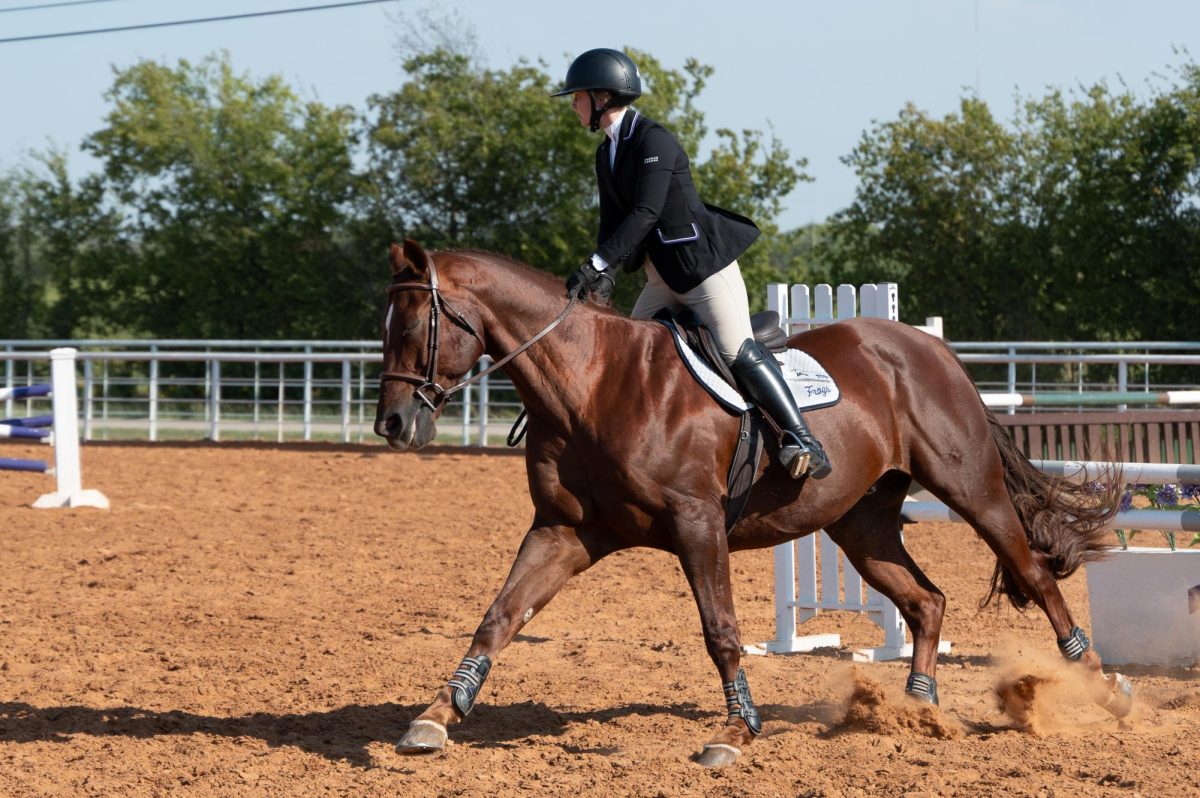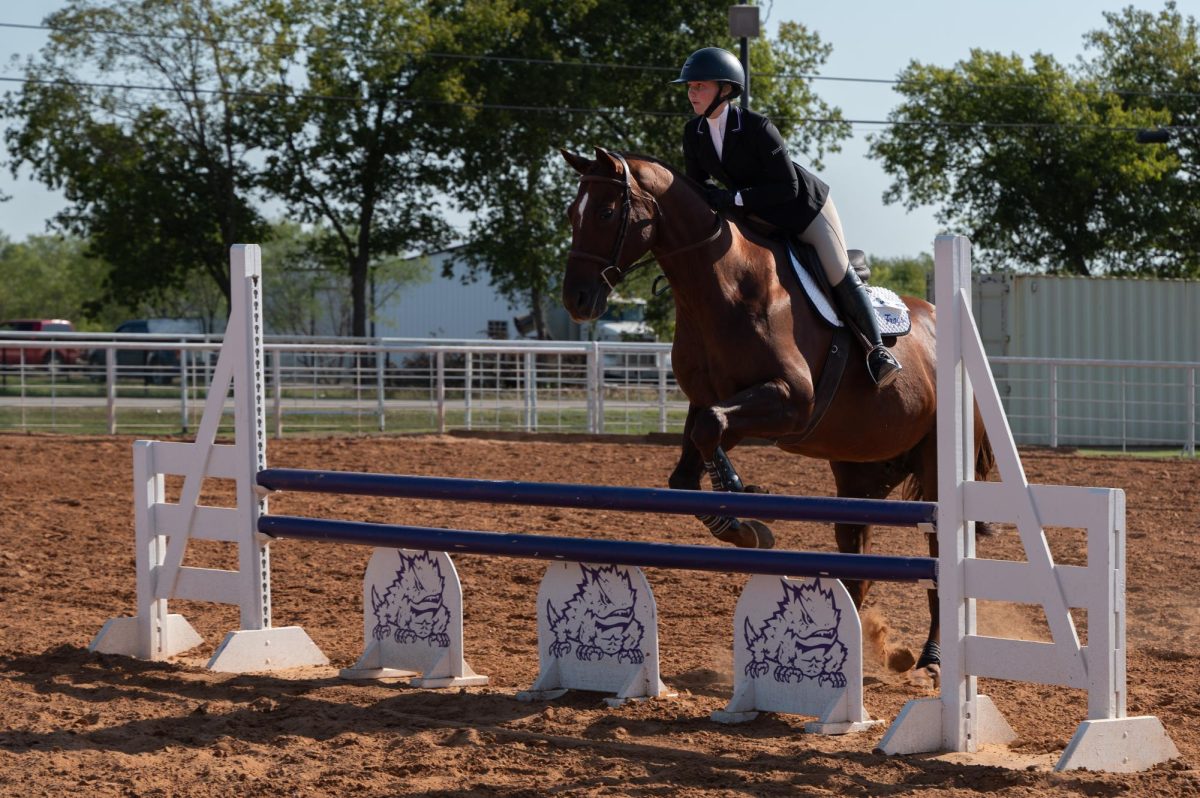Equestrian programs at colleges and universities around the nation are awaiting a decision from the NCAA that may affect the sport’s future.
The NCAA Committee on Women’s Athletics will vote this week on whether equestrian will remain on its list of emerging sports, sports intended to help schools provide more athletic opportunities for women.
The committee gave the sport 10 years to implement a minimum of 40 varsity NCAA programs to officially gain championship status within the organization.
However, after 13 years, only 23 schools are currently competing in the sport.
Since equestrian has failed to meet NCAA requirements, the committee will soon decide if equestrian will remain under its umbrella.
If equestrian is removed from the list of emerging sports, it will be prevented from becoming a championship sport like football, basketball, baseball and tennis.
The program being dropped from the NCAA could mean fewer resources. Universities may feel pressured to remove equestrian from the varsity level, or even drop the sport altogether.
Equestrian programs that become a club sport may face challenges appealing to athletes, said Gail Dent, the NCAA’s associate director of public and media relations.
“At the varsity level, scholarship dollars may be involved, which helps students toward earning a college degree along with having a competitive experience,” Dent said.
TCU has decided that the sport will remain at the varsity level, regardless of the legislation, said Chris Del Conte, TCU’s director of intercollegiate athletics.
Kimberly Johnson, TCU’s associate athletics director and senior woman administrator, said as long as the university has schools to compete against at the varsity level, the NCAA’s decision will not affect the equestrian program in any way.
“We’ve only talked about maintaining it to the best of our ability as a varsity sport,” Johnson said. “That means keeping the scholarships intact and the funding that we have for its operation.”
TCU plans to continue sponsoring a varsity equestrian team many years down the road, Johnson said.
A verdict has yet to be made, but fellow Big 12 school Kansas State has already chosen to remove its program and replace it with women’s soccer, though changes won’t go into effect until 2016.
“Because equestrian has failed to reach 40 schools and because they’ve been given more than 10 years, the question now is ‘Do we take it off the list? Do we follow our policy?’” Johnson said. “That’s what the NCAA has to sort out.”
Programs removed from the emerging sports list have the option to seek reinstatement after 12 months from removal.




